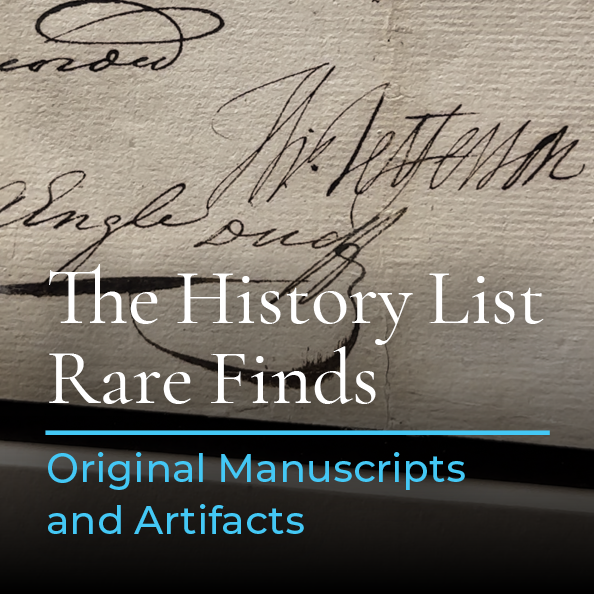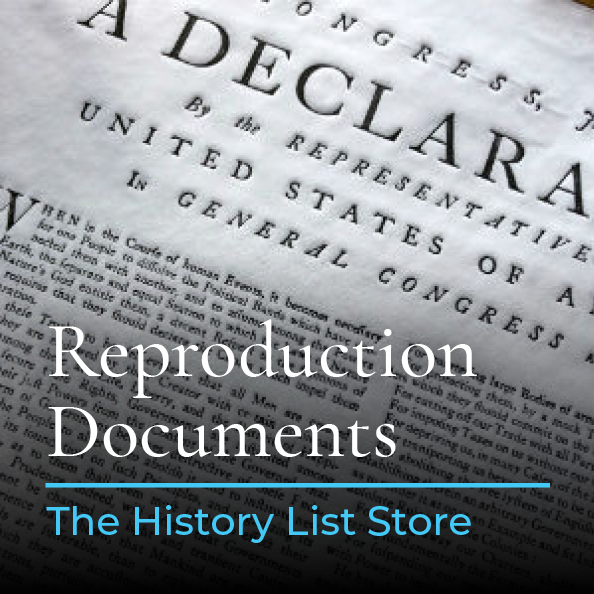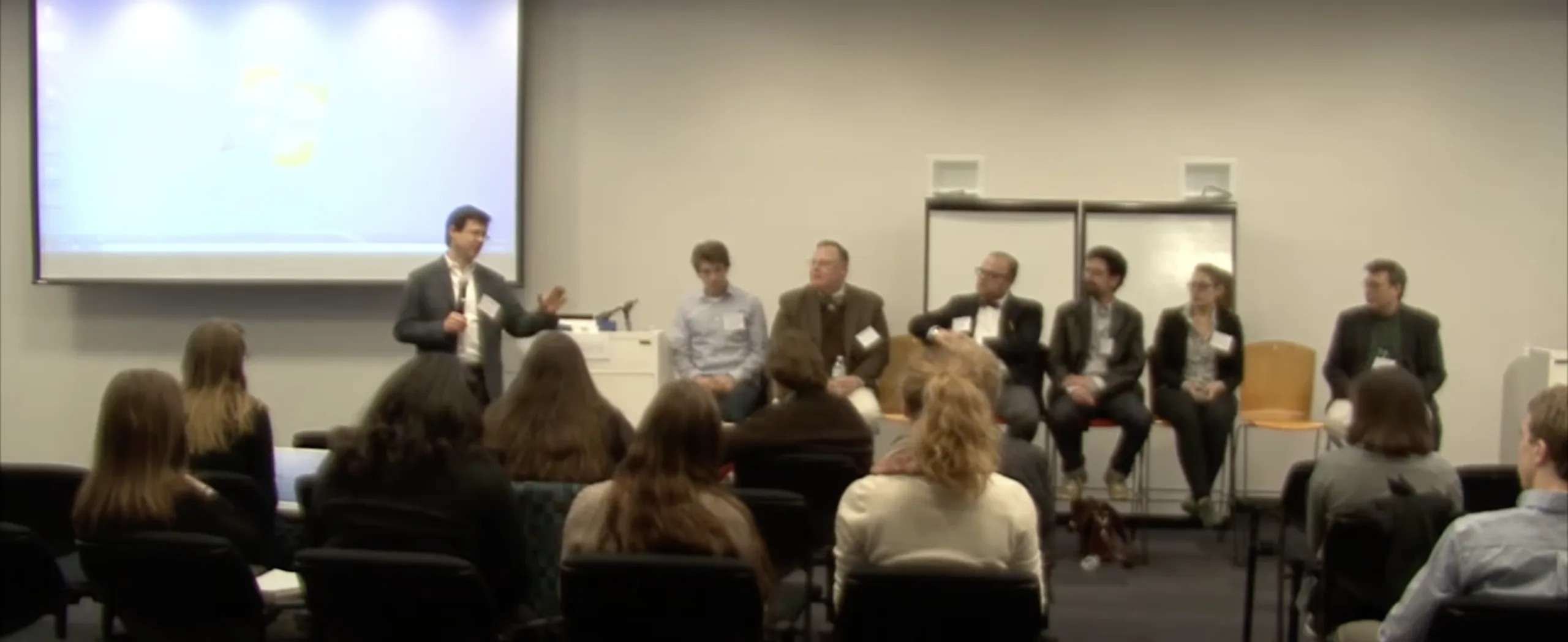Getting an internship working in a museum or archives
With summer coming up, an archivist in New England lays out what he looks for when he hires an intern. Great tips, including the one thing that will take your resume to “the top of the pile.”
- Resume—“The resume is important, but if someone has some experience in museums and archives along with something outside the f
 ield I’ll give it a look.”
ield I’ll give it a look.” - Cover letters—“I read those with a fine-toothed comb looking for reasons not to take someone on. For me, a cover letter with spelling or grammatical errors is a sign that the person is not detail-oriented. I work in an archive that requires a lot of attention to detail, and if someone can’t do that in a cover letter, then they won’t be able to write a finding aid or exhibit label. I’ve learned that from experience.”
- Well-rounded—“I tend to look for well-rounded interns. They need to be able to work with patrons, do exhibits, handle archival material and be willing to learn. . . . I’m the only person in my department, so I do everything, and that has helped me land many of my public history jobs over the years. Though I’m an archivist, I have experience that would allow me to work at just about any institution.”
- Cursive—“I really prefer someone who can read and write cursive. With texting and computers, it is hard tofind interns who can read cursive. I have hundreds of letters and journals that are written in cursive that I can read because I can write in cursive, but many interns can’t. If someone can read and write in cursive, then they get to the top of the pile.”
- Working independently—“The projects I assign or have an intern work on require them to be a self-starter who can work independently of what I’m doing.”
More resources for job seekers:
- Post: “Getting a job as an interpreter at a historic site: What to include on your resume and why“
- Video of panel discussion at History Camp Cambridge: “Employment options for history lovers” — Panel discussion at History Camp in Cambridge
- Professional development: Conferences, workshops, and online courses for history professionals — Sign up to receive this list ever month
- Resources, nearly all free, for your career working at a historic site, history museum, or historical society
- Newsletters, including the occasional “Marketing Tips for History Organizations.




